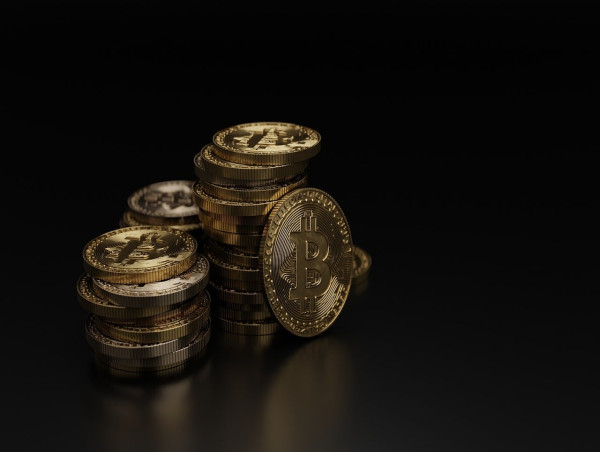The Central African Republic’s (CAR) unexpected launch of a government-branded meme coin has sparked intense scrutiny, with deepfake allegations and a sudden website takedown fuelling doubts over the legitimacy of the project.
The $CAR token, which debuted on Feb. 10 via the Solana-based Pump.fun platform, saw an explosive market response, surging to a peak valuation of $527 million.
However, the project’s credibility was immediately questioned after AI detection tools suggested that the launch video, posted on President Faustin-Archange Touadéra’s official X account, may have been artificially generated.
Today, we are launching $CAR – an experiment designed to show how something as simple as a meme can unite people, support national development, and put the Central African Republic on the world stage in a unique way. Contract: 7oBYdEhV4GkXC19ZfgAvXpJWp2Rn9pm1Bx2cVNxFpump
The situation escalated when the coin’s official website was suspended and its dedicated X account was taken down, raising concerns over whether the initiative was indeed state-backed or a sophisticated scam.
Deepfake claims and website takedown
Following the announcement, AI-driven deepfake detection models produced conflicting results on the authenticity of the president’s video message.
Seferbekov’s model identified an 82% probability of AI manipulation, while another tool, Ensemble, also flagged it as suspicious.
Two other models, Avatrify and Deepware’s checker, found no clear evidence of deepfake technology being used. The discrepancy in results has left the crypto community divided over whether the launch was genuine or an elaborate hoax.
Adding to the controversy, blockchain researcher Yokai Ryujin identified irregularities in the token’s domain registration.
The official website, car.meme, was registered via Namecheap—a budget-friendly domain provider—just three days before the launch.
This was an unusual choice for a government-backed initiative, as official domains are typically registered through more secure, state-approved providers. Shortly after, Namecheap suspended the domain, citing “abusive service” as the reason.
Meanwhile, the project’s X account, which was meant to provide official updates, was suspended without explanation.
The president’s account later acknowledged the suspension, stating that efforts were underway to restore it.
We are working with @X to get @CARMeme_News back as soon as possible. Meanwhile, the token supply has been securely locked through @streamflow_fi, according to the distribution plan, emission groups, and release schedule detailed on our website.
However, the lack of transparency has further fuelled concerns over the token’s legitimacy.
Market volatility after launch
Despite the controversies, traders initially flocked to the $CAR token, driving its valuation to $527 million within hours of launch.
The surge was driven by speculation that this was the world’s first government-backed meme coin, potentially paving the way for mainstream crypto adoption in the Central African Republic.
The token’s value has since slipped to $460 million, reflecting uncertainty among investors.
Many are now questioning whether the market enthusiasm was premature, especially as doubts over the project’s authenticity continue to mount.
This comes at a time when the crypto space has seen a surge in fraudulent meme coin launches.
Just days before the CAR token’s debut, hackers took control of the X accounts of former Malaysian Prime Minister Mahathir Mohamad and Solana DEX aggregator Jupiter to promote scam tokens.
These incidents, combined with the red flags surrounding the CAR token’s launch, have led many to believe this may be another high-profile deception.
Scam or state-backed project?
The Central African Republic has a history of embracing cryptocurrencies, being the second country after El Salvador to adopt Bitcoin as legal tender.
As the second president in the world to adopt Bitcoin as legal tender, I have always recognized the potential of crypto and its benefits on a global scale. For all information about CAR Meme, visit car.meme
This made the announcement of a government-backed memecoin somewhat plausible.
The rapid emergence of deepfake allegations, irregular domain activity, and the abrupt suspension of key online platforms have cast significant doubt over the authenticity of the project.
At this stage, there is no definitive proof confirming whether the $CAR token is an official initiative or a sophisticated scam.
Crypto analysts are closely monitoring the situation, and investors remain on high alert as more details emerge.
The post Is Central African Republic’s meme coin legit? Here's what we know appeared first on Invezz



